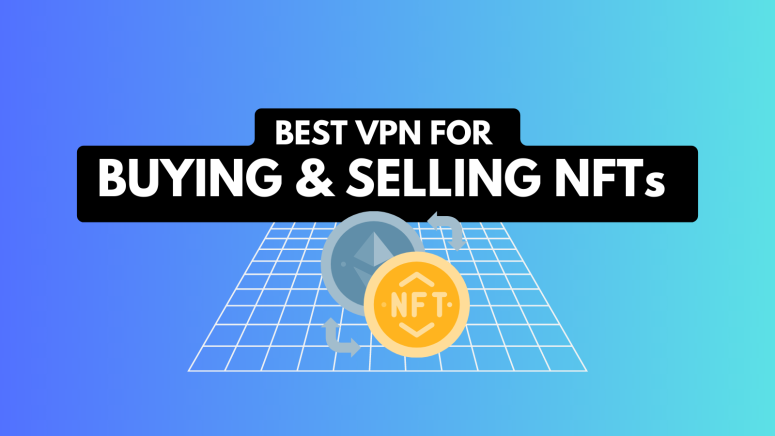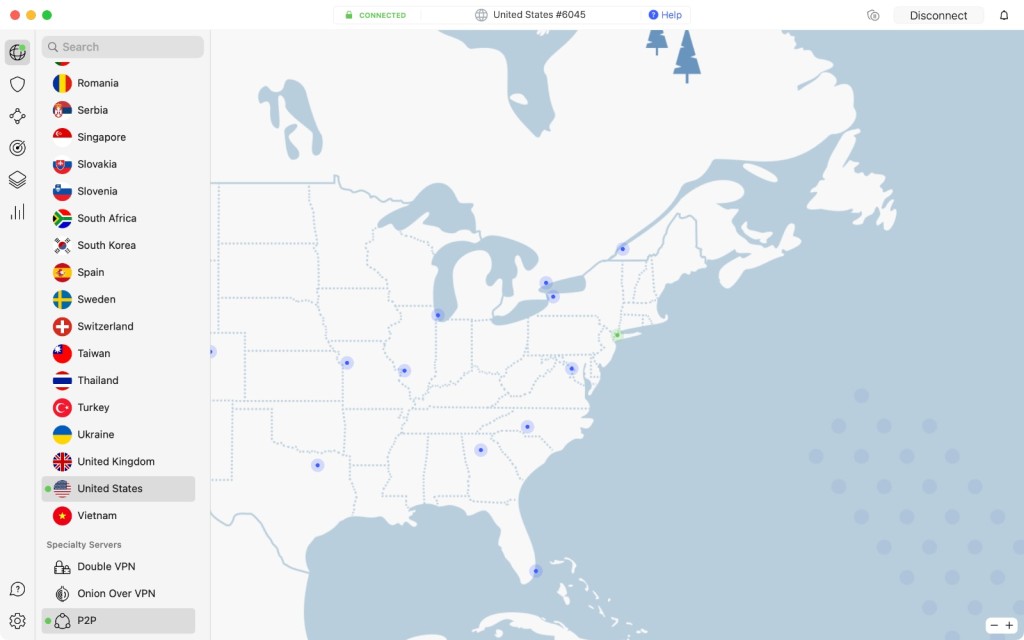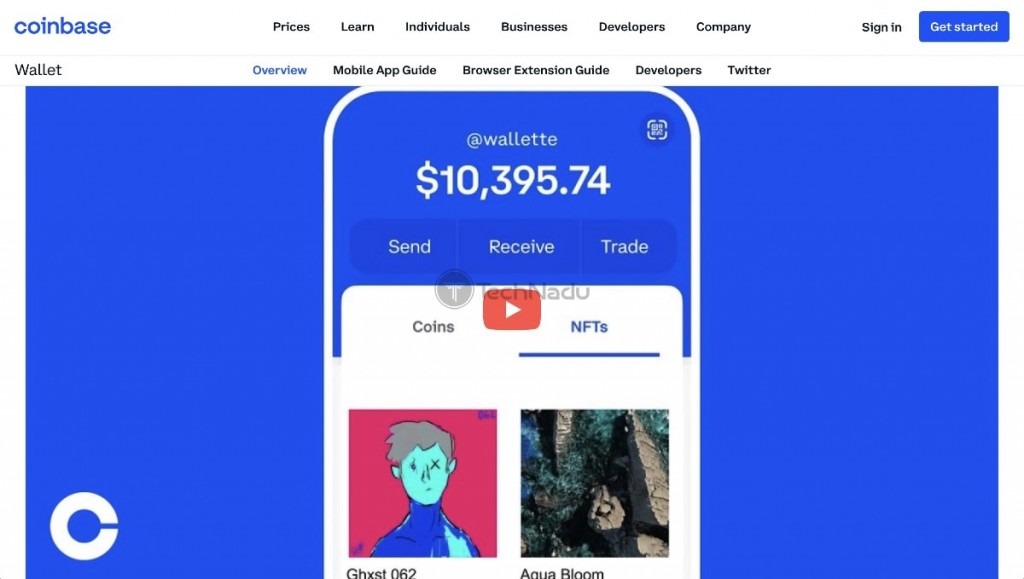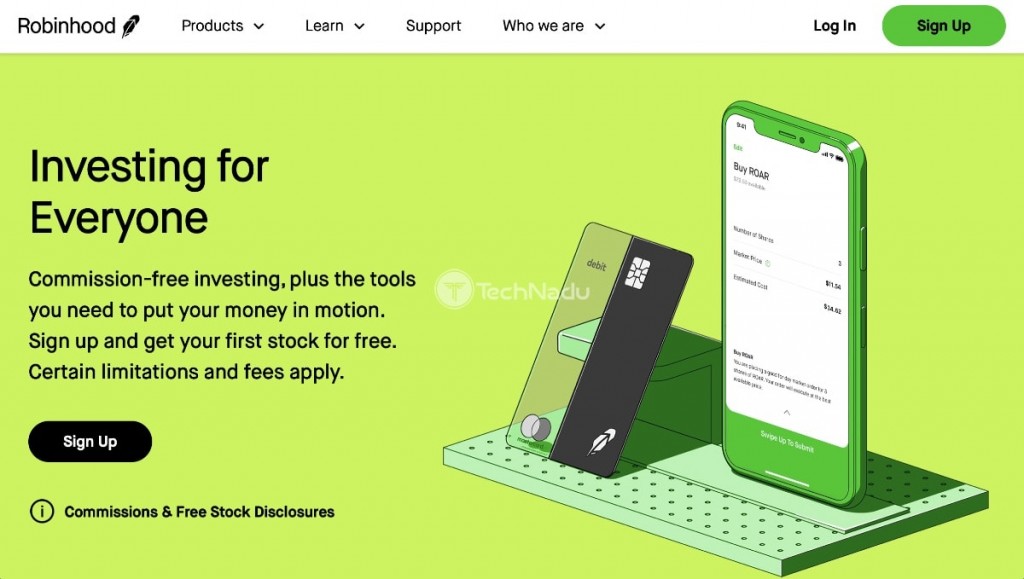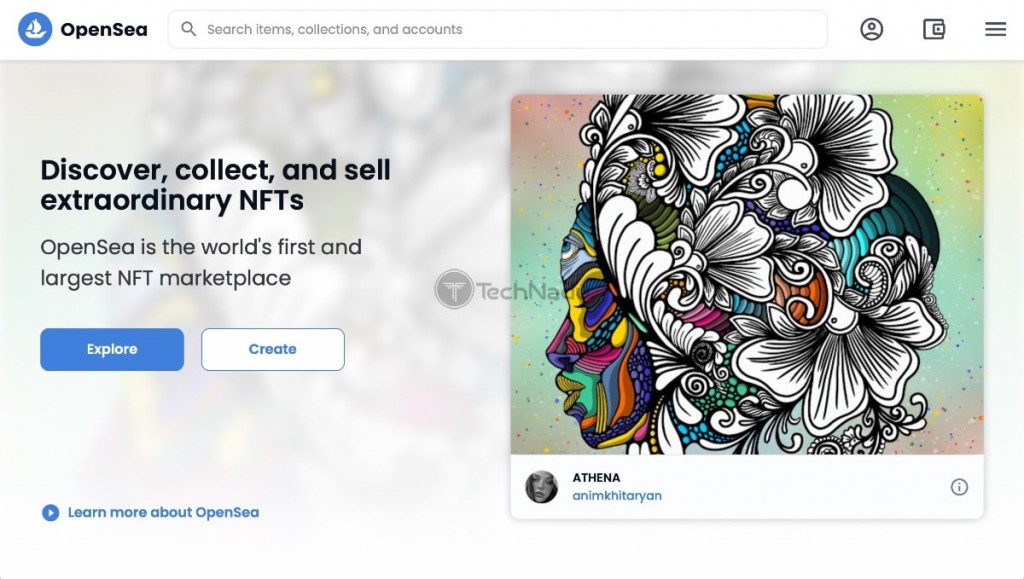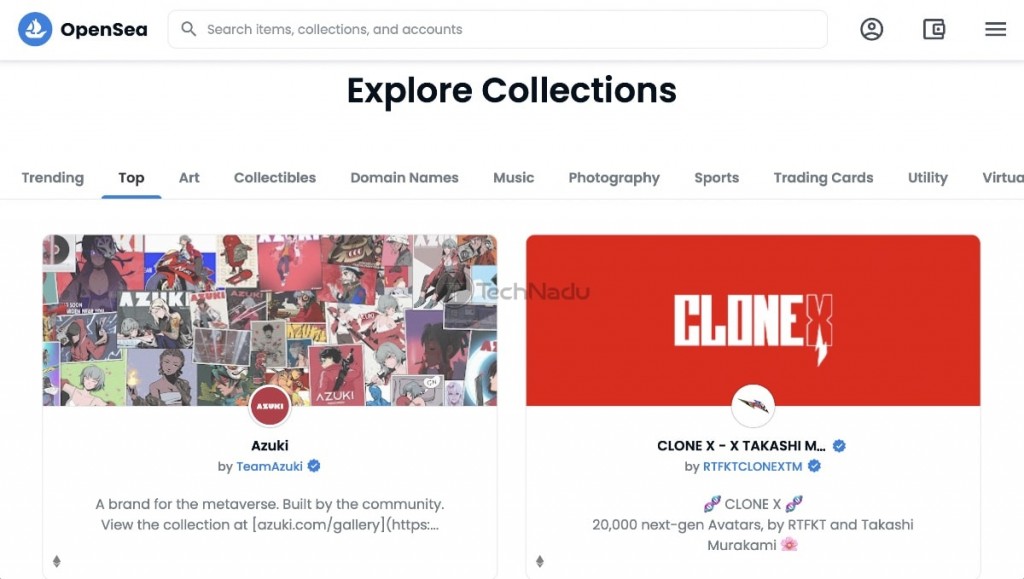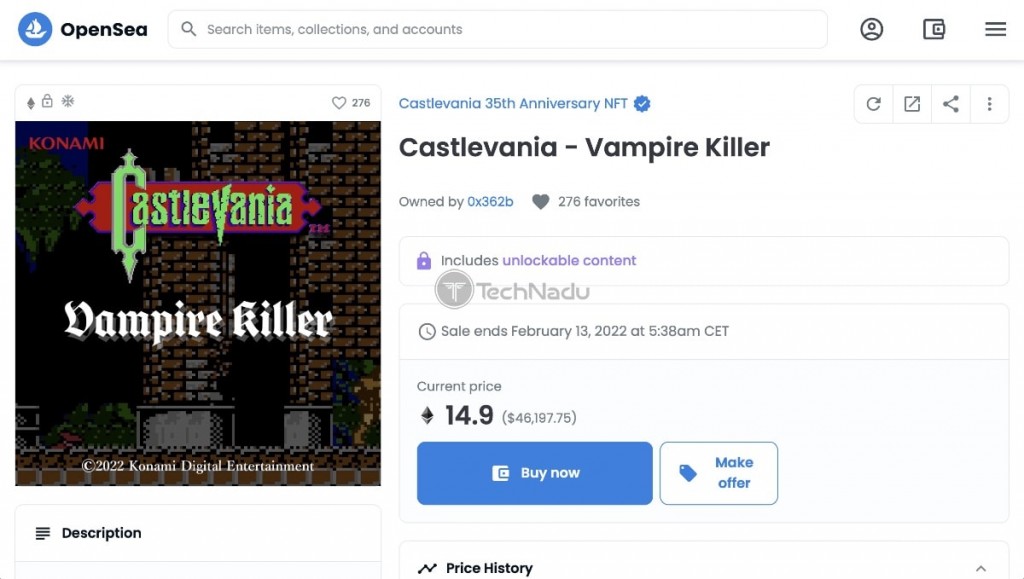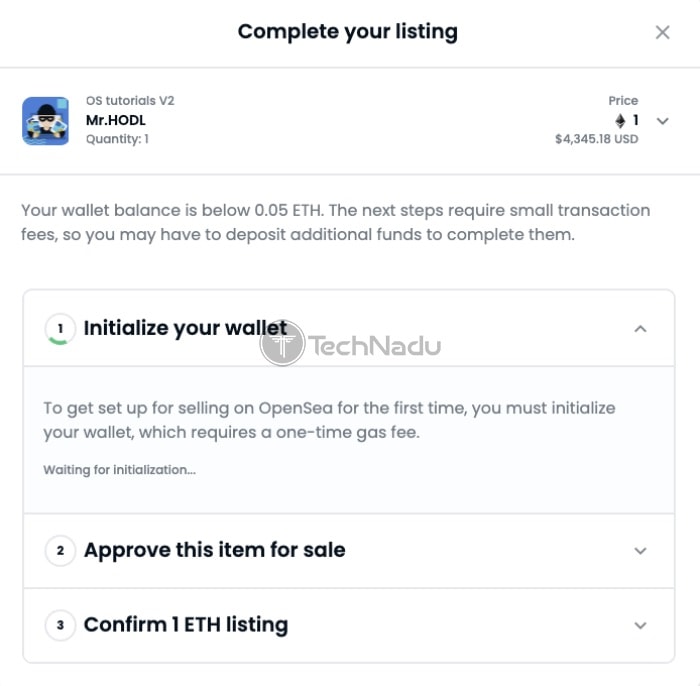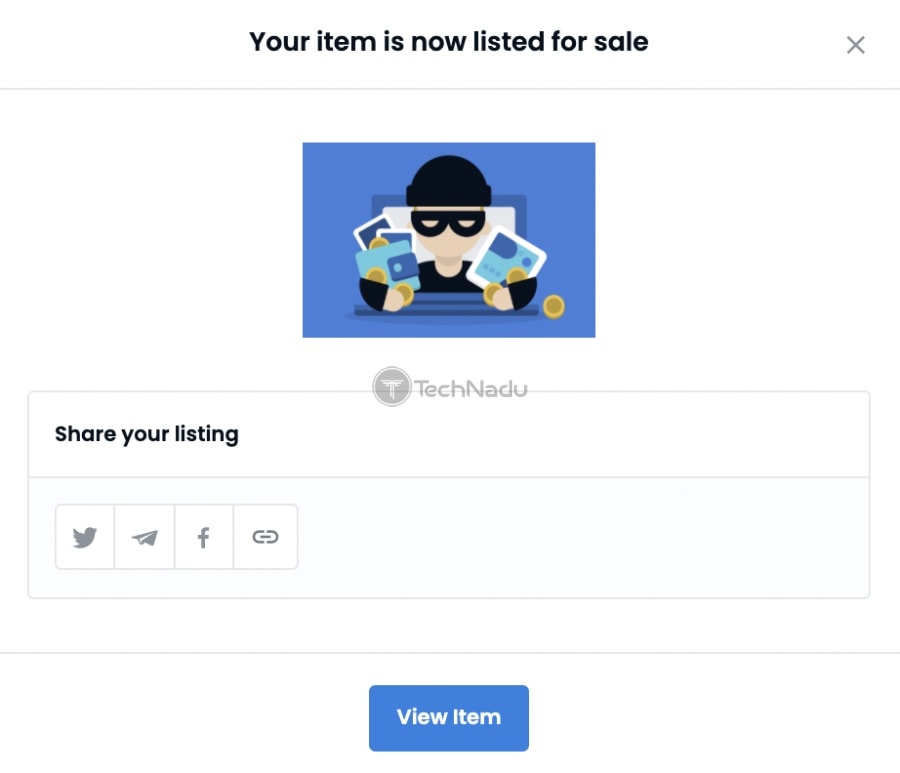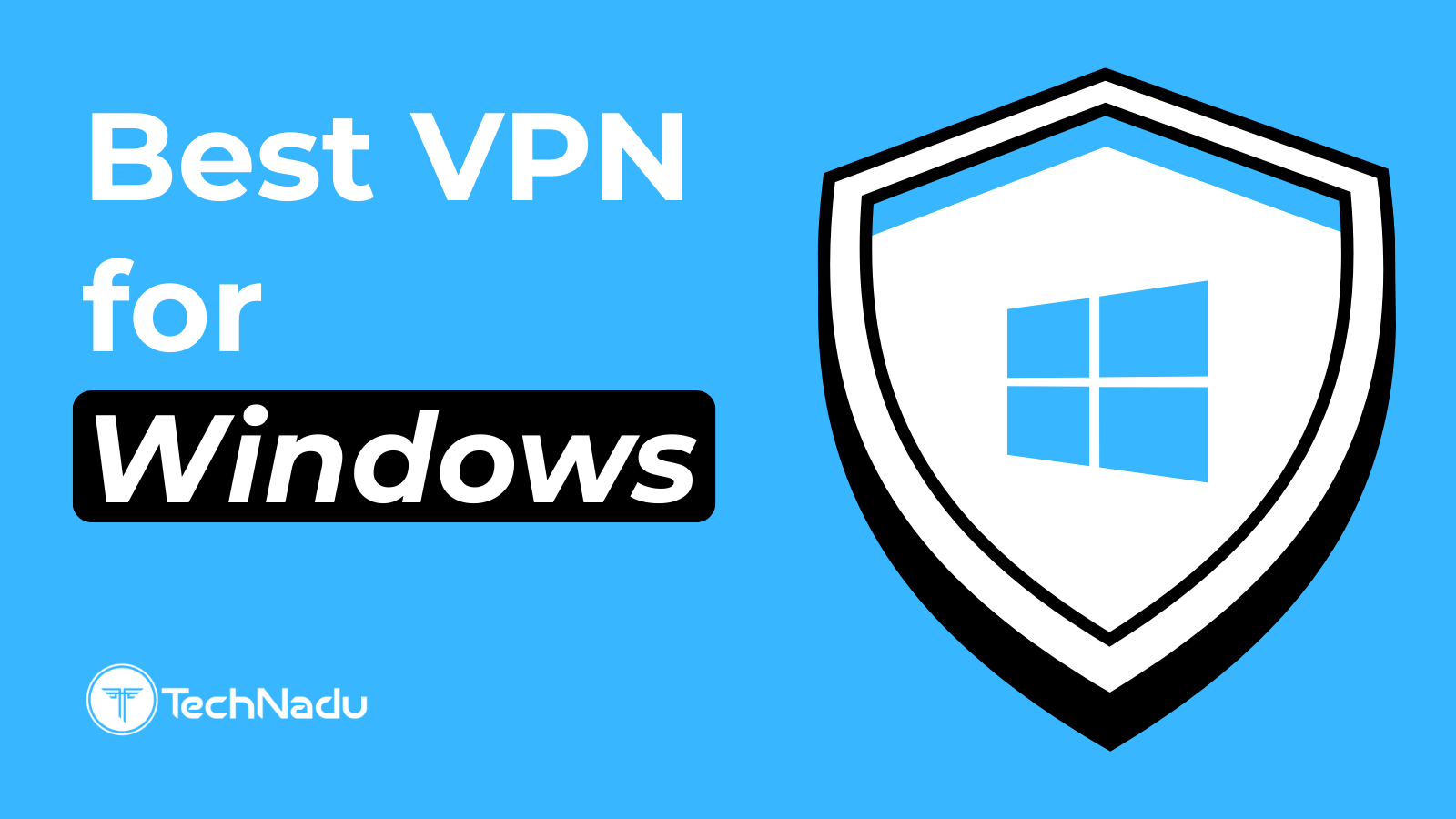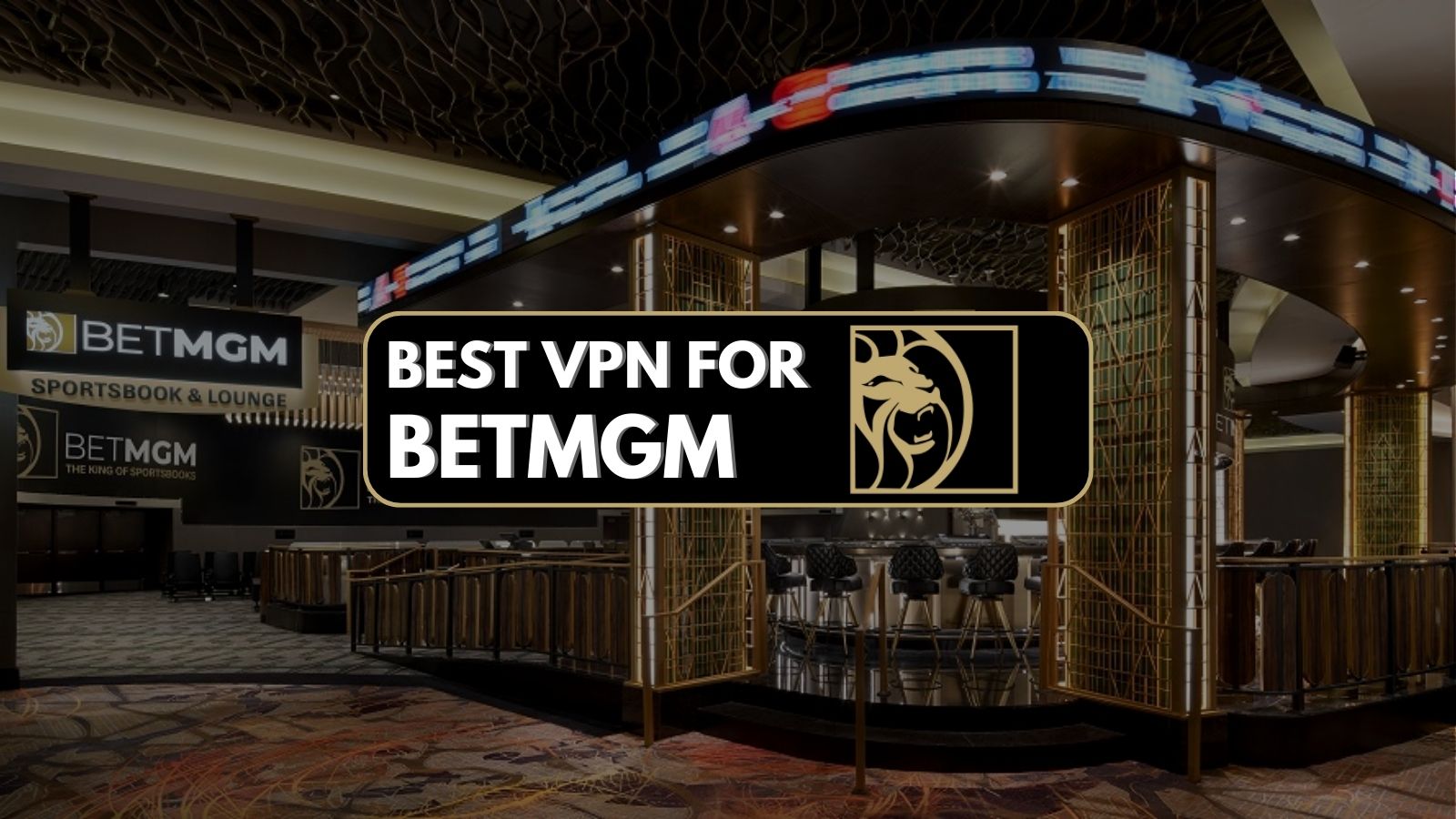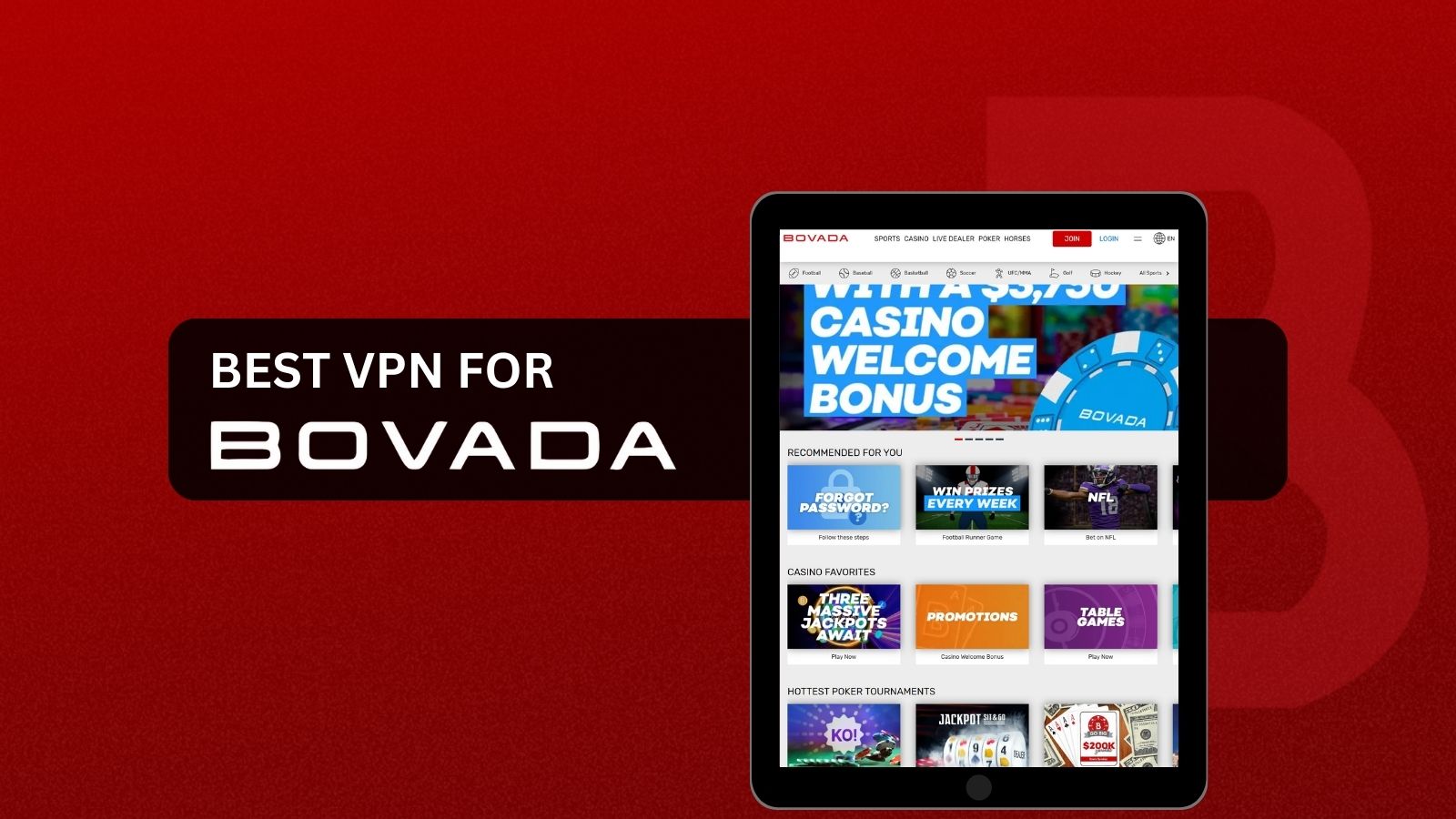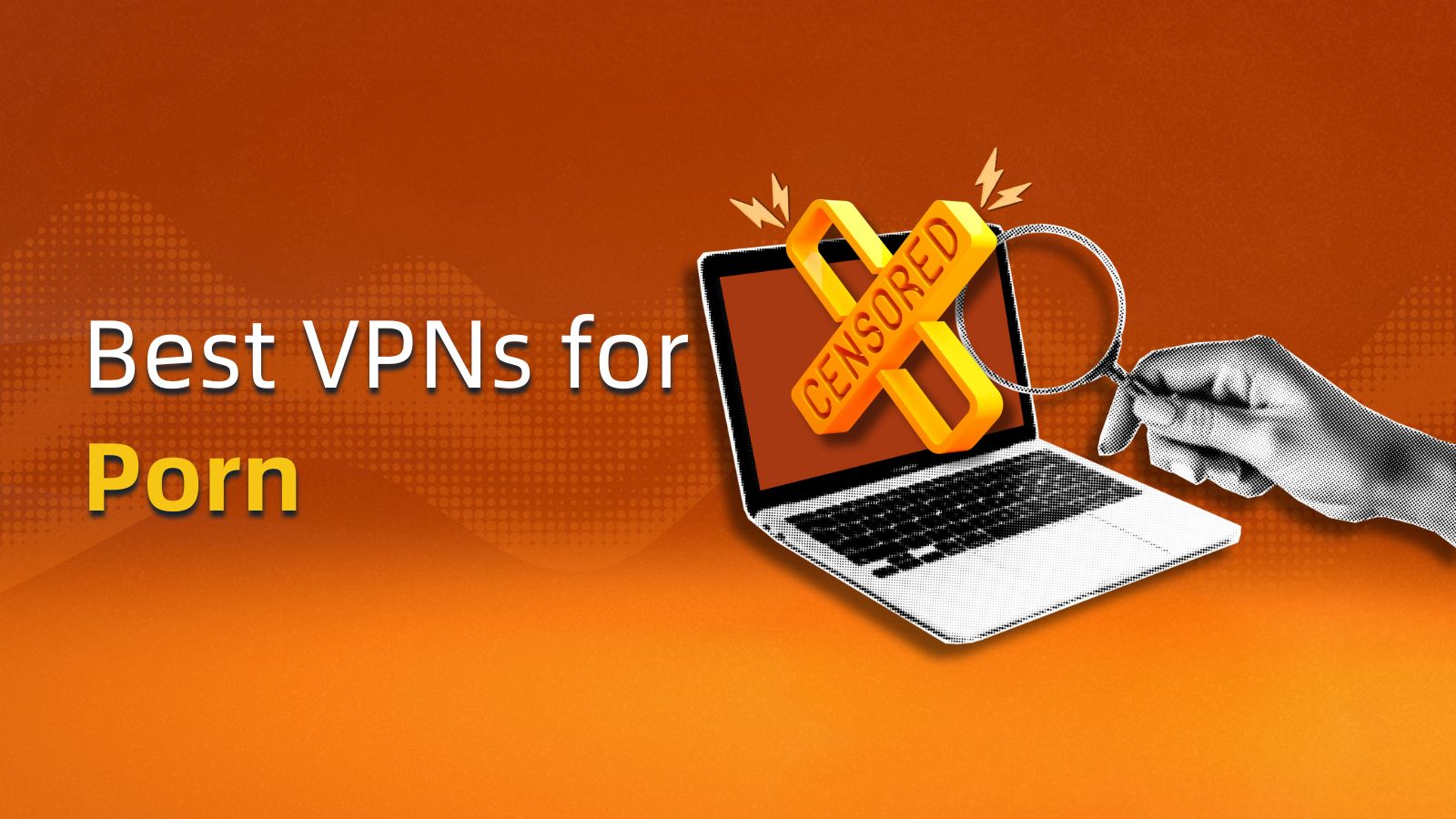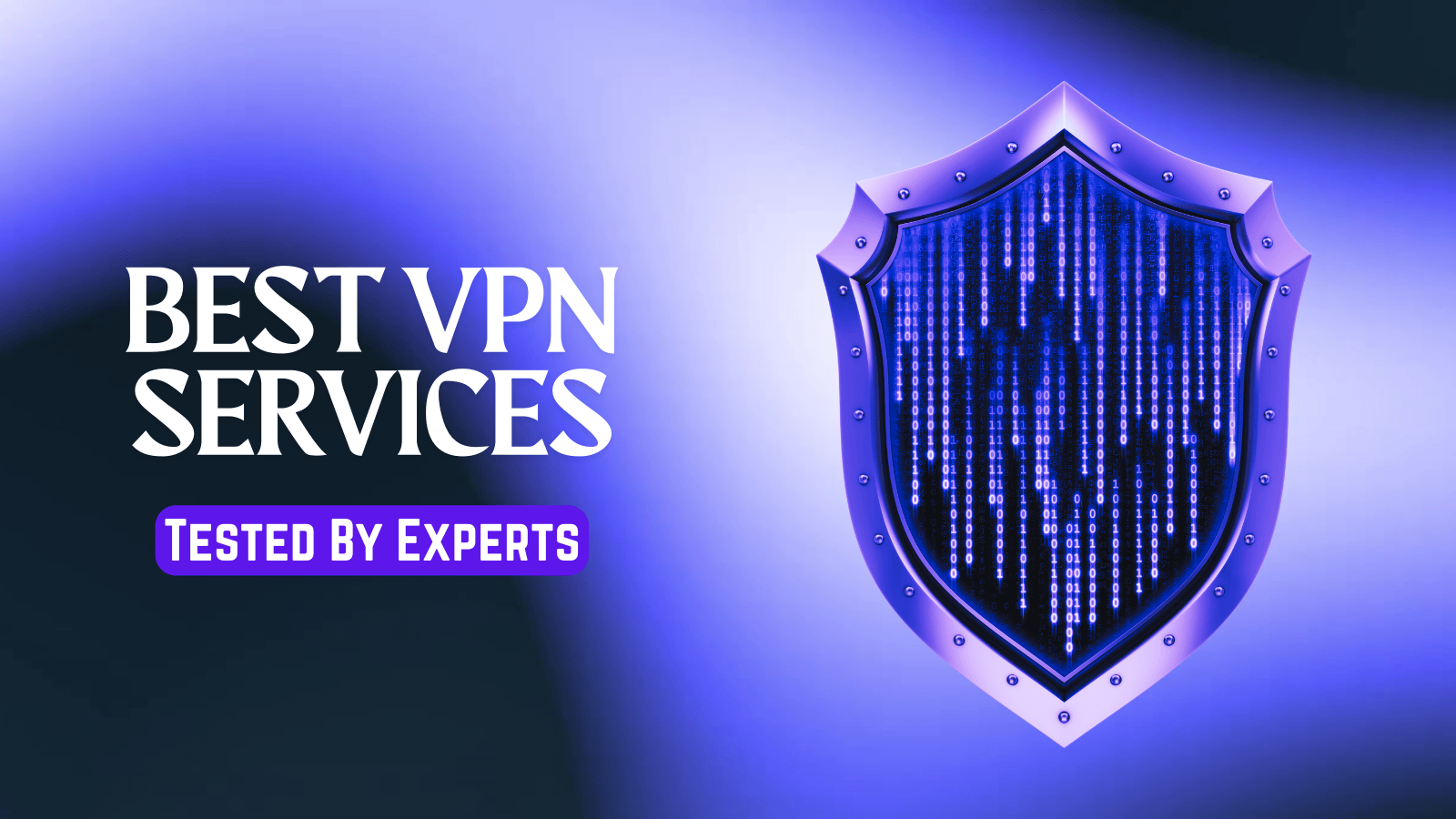When you purchase through links on our site, we may earn an affiliate commission. Here’s how it works.
5 Best NFT VPNs in 2026: How to Buy and Sell NFT Securely with a VPN
Our experts have reviewed 53 VPN providers, which were put through extensive rounds of testing. To learn more about that process, here’s how we review VPNs, where we explain our criteria and our policy of being fully transparent.
Curious about NFTs but worried about security, restrictions, or slow connections? You’re not alone. NFTs are revolutionizing digital art, but they also come with risks, including scams, crypto hacks, geo-blocks, and even ISP throttling. The good news? A reliable VPN can shield your NFT transactions and protect your privacy.
In this guide, we’ll show you how to buy and sell NFT art safely, explore the best VPNs for the job, and help you choose the right one. Ready to dive in?
Key Takeaways
- VPNs Differ in NFT Compatibility: Many VPNs can’t unblock NFT marketplaces or secure crypto transactions properly. Avoid free or low-quality VPNs that limit speed or lack privacy features.
- What to Look For: Choose VPNs with strong unblocking capabilities, large server networks, fast speeds, and compatibility across multiple devices.
- Security Is Essential: Pick VPNs with AES-256 encryption, no-logs policies, kill switches, and obfuscated servers to protect your NFT activity and data.
- Additional Benefits: Features like threat protection, ad-blocking, and anonymous crypto payments improve safety when buying or selling NFTs.
- Trusted VPNs for NFTs: NordVPN, Surfshark, ExpressVPN, Proton VPN, and PIA stand out for speed, privacy, and reliable access to NFT marketplaces worldwide. Our top pick is NordVPN as it provides you with best features and speed overall.
Editor's Picks: Best VPNs for NFT
- NordVPN - Offers lightning-fast speeds, military-grade encryption, and Threat Protection to secure NFT transactions across any marketplace or blockchain platform.
- Surfshark - Ideal for global NFT traders, Surfshark provides unlimited device connections, global server access, and CleanWeb to block ads and phishing attempts.
- ExpressVPN - Excellent for bypassing censorship and geo-restrictions, ExpressVPN’s obfuscation tech ensures your NFT activity remains private, even on heavily restricted networks.
- Proton VPN - Built by privacy experts, Proton VPN offers open-source transparency, Secure Core routing, and no-logs policy, perfect for NFT creators and traders valuing data ethics.
- PIA - Known for customizable security settings, PIA supports anonymous crypto payments and offers robust privacy tools for NFT buyers, sellers, and collectors alike.
How To Buy and Sell NFT Art Safely with a VPN
All your NFT-related activities must be performed while you're connected to a VPN server to safely buy and sell NFT art. That's how you'll encrypt your incoming and outgoing data, ensuring your digital privacy. Below, we'll expand on how to buy and sell NFTs safely.
#How to Buy NFT Art with a VPN
You need to connect to a VPN server to hide your sensitive information while buying NFT art. Then, access an NFT marketplace, where you can buy an item using your crypto funds. Do the following:
1. Sign up for a VPN that works with NFT (we recommend NordVPN).
2. Set up your VPN on the device(s) you’ll use to access your crypto wallet.
3. Launch the VPN and connect to a secure VPN server.
4. Create a digital wallet using (for example) Coinbase Wallet or Metamask.
5. You’ll need to add funds (Ether) to your newly created digital crypto wallet. So, to obtain funds, use a reputable cryptocurrency exchange like Coinbase or Robinhood.
6. Pick a crypto exchange, create an account, place your order, and make your payment. Make sure to enter your wallet’s address to get your newly acquired Ether.
7. If you’ve acquired Ether, you need to find an Ethereum-based NFT marketplace. Use a trustworthy NFT marketplace, such as OpenSea, and open it in your browser.
8. Click on "Explore" and pick the type of NFT art you’re looking to acquire.
9. If you’d like to buy the NFT immediately (without bidding), click on "Buy Now." If you’d like to place your bid, click on "Make Offer."
10. Remember that you’ll need to pay for the chosen NFT, including a "gas fee." Based on how you decide to proceed, follow the instructions of your chosen marketplace.
11. Once you buy the NFT, you can add it to your wallet.
#How to Sell (Mint) NFT Art with a VPN
Ensure you're connected to a VPN server while minting to sell your NFT art safely. Also, ensure that your access to your chosen marketplace is encrypted as well, in the following way:
1. Sign up for a VPN suitable for NFTs (we recommend NordVPN).
2. Install the VPN on any device you’ll use for your digital wallet.
3. Launch the VPN and connect to any server to secure your connection.
4. Pick an NFT marketplace you’d like to use (the most popular option is OpenSea). Make sure to check which blockchain (cryptocurrency) your chosen marketplace uses.
5. Create your crypto wallet (Coinbase Wallet) based on your chosen marketplace.
6. Add funds to your crypto wallet (if you need funds to mint your NFT) via Coinbase.
7. Return to your chosen marketplace. Create a new account if you don't have one.
8. Your marketplace will offer a tutorial on creating an NFT.
9. Once you upload your file, set a price for your NFT and mint your art.
10. When you sell your NFT, feel free to transfer your funds to your wallet. That’s it!
The Best NFT VPNs in 2026
When choosing a VPN for NFTs, focus on unblocking major marketplaces, especially in the US. Look for a large server network, fast speeds, strong encryption, and a no-logs policy. Obfuscated servers, a kill switch, and broad device support are essential for safe, seamless trading. For more on these criteria, see our guide to the best VPNs for crypto.
Based on these observations, we have listed down 5 VPNs that are the best for NFT:
1. NordVPN
NordVPN is the best VPN to buy and sell NFT, offering a whole range of advanced techniques to keep your data safe. It gives you unrestricted access to any NFT marketplace from anywhere in the world, giving you access to 8,900+ servers in 129 countries, with close to 1,970+ servers in 19 US cities.
Most importantly, NordVPN is capable of creating an ultra-safe VPN tunnel. By default, it uses NordLynx, which is the VPN’s own spin on the WireGuard protocol. It’s lightweight, doesn’t need a lot of resources to run, and works great on any Web connection. However, you can choose between NordLynx (WireGuard-based), OpenVPN, IKEv2/IPsec, and NordWhisper, all of which are very secure and safe.
Save upto 70% on NordVPN’s 2-year plan – now priced at $3.39/month ($81.36 in total). 30-day money-back guarantees available!
No matter which protocol you pick, you'll get AES-256-GCM, ChaCha20, and Post-Quantum Encryption (NordLynx Protocol) encryption methods. You'll also get an audited no-logs policy, a kill switch, and also know that some NordVPN servers are obfuscated. Aside from that, NordVPN is among the fastest VPN providers right now. No matter if you connect to nearby or remote servers, this VPN will ensure ultra-fast, smooth performance.
With NordVPN, you get 10 simultaneous connections, as well as apps for any device imaginable. In terms of customer support, expect 24/7 live chat support. There is also a 30-day money-back guarantee, which is more than enough time you'll need to test everything. Lastly, it costs only $3.09 per month if you pick its subscription for 24 months.
Additionally, NordVPN offers flexible pricing to suit any budget, and with regular discounts and promo codes, you can save big. Take advantage of the free trial to see its performance for yourself; it even supports router installations.
Learn how to download and use NordVPN in this step-by-step guide.
Some NordVPN Standout Features for NFT Trading
- Threat Protection: Blocks malware, trackers, and malicious websites, helping you avoid phishing scams and fake NFT marketplaces.
- Meshnet: Allows you to securely access your home or office devices remotely using encrypted tunnels, ideal if you trade NFTs across multiple devices or locations.
- Dedicated IP Option: Reduces the chance of getting flagged or blocked by NFT platforms due to shared IP addresses, great for consistent access and reputation management.
- Blazing Fast Speeds with NordLynx: Powered by NordLynx (based on WireGuard), NordVPN delivers ultra-fast and stable connections, crucial for time-sensitive NFT drops and transactions.
- Split Tunneling: Lets you choose which apps use the VPN and which don’t, for example, you can route your NFT wallet through NordVPN while browsing normally elsewhere.
- Future-Ready Security: NordVPN has recently introduced post-quantum encryption across all devices, making it a future-proof solution against next-generation cyber threats.
- Double VPN Explained: Learn how NordVPN’s Double VPN feature routes your traffic through two servers for double the encryption.
PROS
- Unblocks any NFT marketplace.
- Audited no-logs policy.
- Works on any device out there.
- Specialized servers on offer.
- 24/7 live chat support.
- 30-day money-back guarantee.
CONS
- Not all servers are obfuscated.
2. Surfshark
Surfshark is a great VPN if you're looking for a provider that covers the entire world. With this VPN, you can unblock any NFT site/app, as you'll gain access to 4,500+ servers in 100 countries. Out of those, around 600+ are in the US, across 22 cities.
This VPN is powered by WireGuard, IKEv2, and OpenVPN protocols, which are paired with AES-256-GCM (OpenVPN and IKEv2), ChaCha20 (WireGuard), and Post-Quantum Encryption (WireGuard) encryption. In simpler terms, you can rest assured that your data will be safe whether you plan to buy NFT or sell them.
Also, there's an audited no-logs policy, which means that even Surfshark won't know what you do online. This VPN's kill switch will ensure that no data leaks happen, even if your VPN connection drops.
We'll also add that Surfshark brings obfuscation through a special "NoBorders" mode. That means you can use obfuscation only when needed, which seems handy. No matter if you use obfuscation or not, expect to see fast speeds. Surfshark can take a while to connect, but it also has smooth performance without any fluctuations in download and upload speeds.
Let's not forget to say that you'll get unlimited simultaneous connections, as well as apps for computers, phones, tablets, routers, and more. There's also 24/7 live chat support coupled with a 30-day money-back guarantee, showing that Surfshark has nothing to hide. Lastly, all those features come at a low price of $1.99 per month for 24 months.
Some Surfshark Standout Features for NFT Trading
- Unlimited Device Connections: Surfshark allows unlimited simultaneous connections, ideal if you trade NFTs across multiple devices or manage multiple wallets.
- CleanWeb: Built-in ad, tracker, and malware blocker helps protect you from phishing links often disguised as NFT drops or promotions.
- MultiHop (Double VPN): Routes your traffic through two VPN servers for an extra layer of anonymity during NFT transactions.
- NoBorders Mode: Enables VPN use in restrictive regions, crucial if you’re traveling or accessing NFT marketplaces from countries with censorship.
- Split tunneling (Bypasser): The company has recently introduced split tunneling (Bypasser) for macOS user, a long-awaited feature that helps boost connection speed.
- Everlink’ technology: Surfshark’s new ‘Everlink’ technology is reportedly more effective than the traditional kill switch, offering seamless protection even during connection drops.
- GPS spoofing: Surfshark has also rolled out GPS spoofing, giving users more control over their virtual location beyond just IP masking.
PROS
- Works with any NFT site/app.
- Incredibly easy to use.
- High-end protocols.
- No data logging whatsoever.
- 24/7 live chat support.
- 30-day money-back guarantee.
CONS
- Can take a while to connect.
3. ExpressVPN
ExpressVPN is a stellar VPN provider that gives you access to practically any NFT art platform. This VPN is known for its content-unblocking capabilities, which are the result of a comprehensive set of features. Of course, the basics are also there. Speaking of which, this VPN provides an undisclosed number of servers in 105 countries. It covers all 50 states of the US.
When it comes to its privacy- and security-related features, you won't be disappointed. You can count on protocols like OpenVPN, Lightway, and IKEv2. Those are paired with AES-256 and ChaCha20/Poly1305 encryption, and there's also a kill switch, split tunneling, an ad-blocker, and more. Plus, this is a no-logs VPN provider with numerous audits under its belt.
What's unique about ExpressVPN is that it comes with obfuscation that's enabled by default. All its servers are obfuscated, which is why it can bypass geo-blocks so easily. It also offers ultra-fast performance, especially when connecting to nearby servers. Aside from that, you get 10-14 simultaneous connections, so you can protect a bunch of Web-connected devices at once.
ExpressVPN offers native software for Windows, macOS, Linux, Android, iOS, and plenty more. It also offers multiple customer support channels, with 24/7 live chat on board as well. No matter which plan you pick, your purchase will be covered by a 30-day money-back guarantee. Lastly, you can get started with ExpressVPN for $2.44 per month if you pick its plan for 24 months. You may also browse their pricing plans to find your ideal fit.
Prefer to try it out first? Use the free trial to get hands-on with its features. When you're ready, just follow these simple steps to install ExpressVPN on any device.
Some ExpressVPN Standout Features for NFT Trading
- TrustedServer Technology: ExpressVPN uses RAM-only servers that wipe all data on every reboot, ideal for keeping your crypto and NFT activity private and untraceable.
- Lightway Protocol: This proprietary protocol offers faster speeds and more reliable connections, reducing latency during real-time NFT trades or auctions.
- Split Tunneling: Route only your NFT trading apps through the VPN while keeping local services on your regular connection, useful for multitasking securely.
- No-Logs Policy (Audited): ExpressVPN’s strict no-logs policy, verified by independent audits, ensures that your NFT transactions remain completely private.
- AircoveOS v5.3 Update: ExpressVPN has released AircoveOS version 5.3, improving speed and usability for a smoother VPN experience.
- Rust-Based Protocols: The company is adopting Rust-based protocols to boost security and performance in their VPN services.
- Zero-Knowledge Technology: ExpressVPN implements zero-knowledge tech to ensure complete privacy by never storing user data.
PROS
- Works for unblocking NFT sites.
- Incredibly secure VPN service.
- Available on any platform.
- 24/7 live chat support.
- 30-day money-back guarantee.
CONS
- No in-depth customization.
4. Proton VPN
Proton VPN is a top-tier choice if you’re looking for a secure, privacy-first VPN ideal for NFT trading. Based in Switzerland, Proton VPN benefits from some of the strongest privacy laws globally. It offers 17,276 servers in 127 countries (130 secure core in 67 countries) , a strict no-logs policy, a kill switch, split tunneling, ad-blocking, and advanced firewall rules. These features are essential for bypassing geo-blocks and keeping your NFT trades private and secure, even on public networks.
All apps are fully open-source, ensuring transparency and trust. Proton VPN also works on routers and supports WireGuard, OpenVPN, IKEv2, and Stealth protocols and AES-256 and ChaCha20 encryption ciphers, giving you strong encryption and enhanced protection for NFT wallet access and marketplace logins.
It comes as a native app for Windows, macOS, Linux, and Chrome OS on desktops. For mobile NFT activity, it runs on iOS, iPadOS, and Android. It also supports streaming devices like Android TV and Amazon Fire OS, great for keeping your whole digital setup protected. It offers broad compatibility across computers, smartphones, and Web browsers, supporting up to 10 simultaneous connections.
Speed matters in NFT trading, especially during high-demand drops. Proton VPN’s 'VPN Accelerator' helps boost connection speeds by using multiple channels, eliminating previous slowdowns during remote access.
You also get a 30-day money-back guarantee, and pricing starts at $2.49 per month for 24 months. One downside is the lack of 24/7 live chat support. However, you can reach out via email, support tickets, or explore their extensive help library.
Some Proton VPN Standout Features for NFT Trading
- Secure Core Architecture: Routes your traffic through multiple hardened servers in privacy-friendly countries, protecting against advanced network attacks and surveillance.
- No-Logs Policy (Audited): ProtonVPN has a strict no-logs policy that's been independently audited, ensuring your NFT transaction data and activity remain completely private.
- DNS Leak Protection & Kill Switch: Prevents accidental IP leaks during NFT transactions or bidding, even if the connection is dropped.
- Tor Over VPN Support: Enables access to NFT marketplaces via the Tor network for an added layer of privacy, without needing to use the Tor browser separately.
- High-Speed Plus Servers: Optimized servers for speed-critical tasks like real-time NFT drops or auctions, reducing latency and lag.
- Multi-Hop VPN Connections: Adds another layer of encryption by routing traffic through two VPN servers, which can be especially useful for traders dealing with sensitive or high-stakes NFTs.
- Open-Source and Independently Audited: All ProtonVPN apps are open-source and have undergone security audits, providing transparency and trustworthiness that serious NFT traders value.
PROS
- Open-source apps for all devices.
- Very easy-to-use apps.
- One of the best VPNs for privacy.
- Audited no-logs policy.
- 30-day money-back policy.
CONS
- No live support via its website.
- Heavy use of VPN terminology.
5. PIA
Private Internet Access is a US-based VPN provider that offers an undisclosed number of servers in 91 countries. What's interesting about PIA is that it has servers in all 50 US states. That said, it's not surprising that it gives you access to any US-based NFT platform as well as international sites/apps.
PIA uses protocols like WireGuard, OpenVPN, and IPsec (IKEv2). It pairs those with AES-128-GCM, AES-256-GCM, AES-128-CBC, AES-256-CBC, and ChaCha20 encryption. In fact, you can choose from several levels of encryption, which is a rare-to-see feature. You'll also find several types of kill switches, split tunneling, and an ad-blocker, and it's all powered by PIA's no-logs policy, which has been proven true in court on more than one occasion.
If you need a bit of extra power, know that PIA uses obfuscation, which you can enable when needed. However, as a result of its high-end features, PIA requires some optimization and is recommended for more advanced users. It brings medium speeds unless optimized.
With PIA, you get unlimited simultaneous connections, as well as a huge list of apps for any device. You also get access to 24/7 live chat support. Also, you'll only need to pay $2.03 per month for 24 months. Lastly, know that your purchase of this VPN will be backed by a 30-day money-back guarantee.
Some PIA VPN Standout Features for NFT Trading
- Multi-Hop (Double VPN) Support: Routes your traffic through multiple servers for an added layer of anonymity.
- Dedicated IP Option: Gives you a stable IP address, reducing the risk of being flagged or blocked by NFT marketplaces for suspicious activity.
- Customizable Encryption Settings: Choose between AES-128 and AES-256 encryption to balance speed and security based on your trading needs.
- Port Forwarding Support: Allows for faster peer-to-peer (P2P) connections, important if you're trading or minting NFTs on decentralized platforms.
- SOCKS5 Proxy Access: Ideal for faster and more lightweight connections when speed is a priority during time-sensitive NFT drops.
PROS
- Unblocks NFT sites securely.
- Extensive server fleet.
- Ultra-secure protocols and encryption.
- 24/7-available customer support.
- 30-day money-back guarantee.
CONS
- Needs fine-tuning for optimal speed.
- Not beginner-friendly.
Why Do You Need a VPN for Buying and Selling NFTs?
Using a VPN is necessary to gain access to more platforms when buying or selling NFTs, to secure your privacy, and to protect yourself against data theft. Here's more information:
- Unblock NFT Marketplaces from Anywhere: Cryptocurrencies are still unregulated in many countries around the world. As a precautionary measure, crypto wallets and NFT marketplaces aren't accessible everywhere. So, for example, the best VPN for OpenSea will give you access to that platform from anywhere and also unblock extra NFT sites/apps.
- Protect Yourself Against Data Theft: When interacting with NFT marketplaces and digital crypto wallets, those websites and/or apps log your sensitive data. For example, your IP address can point to your exact location. If you value your privacy and want to sell NFT anonymously, using a VPN helps you obfuscate your sensitive data.
- Protect Your Financial Transactions: The point of crypto transactions is in their anonymity. Still, that doesn’t mean that malicious actors won’t track your wallet ID, trying to target accounts that hold a lot of funds. Aside from doing your best to anonymize your transactions, a VPN will also help you encrypt (obfuscate) your transactions.
- Use Your Home NFT Platforms While Traveling: When traveling, you'll likely face geo-blocks that prevent you from accessing your favorite sites and apps, including NFT marketplaces. In those cases, all you need is a VPN with a server from back home to open up the Web.
- Do Crypto Trading on Public Wi-Fi: Did you know that public Wi-Fi networks are mostly designed to collect your contact information and your Web browsing history? So, trading NFTs on public Wi-Fi is not recommended unless you encrypt your data with a powerful VPN.
- Bypass Bandwidth Throttling: ISPs often throttle those who download and upload a lot of data, which often happens when using crypto and NFT platforms. To take full advantage of your Web connection, we recommend using a VPN that can bypass bandwidth throttling.
- Hide Your Browsing Activity: Your Internet provider can see everything you do online, which means that your ISP knows about your NFT-related activities. If you wish to sell NFT art or buy NFT items in complete privacy, a VPN is needed to obfuscate your Internet traffic.
- Hide Your IP Address: NFT platforms impose geo-blocks based on IP addresses, and they are also used by Internet trackers to follow you on the Web. A VPN puts an end to that by using encryption and obfuscation, as well as other technologies that prevent trackers from working.
How to Choose the Best NFT VPN?
To choose the best VPN for NFT, you need to find one with strong content-unblocking features, fast performance, and plenty of servers. Let's go over the details.
- Ability to Unblock NFT Apps/Sites: The most important thing is to be able to unblock online content so that you can buy NFTs or sell NFT items without issues. The best VPN should give you full and unrestricted access to any marketplace of your choice.
- Server Network Size: Your chosen VPN should offer a sizable network to unblock marketplaces while providing fast performance. Make sure it covers the home country of your favorite NFT sites, as that's how you'll unblock them.
- No-Logs Policy: There's no need to allow anyone to see that you trade NFTs, not even your VPN provider. That's why a no-logs policy is important, as it prevents your VPN from collecting your sensitive information or even anonymized data.
- VPN Protocols and Encryption: We recommend picking a VPN powered by OpenVPN or WireGuard, which are the strongest protocols currently. They need to be paired with strong encryption ciphers like AES-256 or ChaCha20, capable of creating highly secure VPN tunnels for your data.
- Obfuscated Servers: Obfuscation is useful if you're in a country with heavy censorship, as it allows you to use smaller data packets. Those packets can evade anti-VPN systems, meaning you will be able to unblock even those difficult-to-access marketplaces.
- Kill Switch: A kill switch prevents your data from leaking if something unexpected happens. Keep in mind that without a kill switch, even a single-second leak can fully expose your data online, including your original IP address.
- Performance and Speed: It's true that a VPN will slow you down a bit. However, the best VPNs will slow you down by only 10-15%. So, it's important to do your research and pick a VPN known for its speed and performance. Otherwise, you could end up with a slow connection.
- Simultaneous Connections and Supported Devices: Think about how many devices you want to cover with your VPN and then get one with a sufficient number of simultaneous connections. Also, ensure that your VPN offers native software across the board.
- Pricing: There's no need to overpay for a VPN. Even the most reputable providers offer steep discounts on long-term plans. So, make sure to check how much you'll save and then invest in a long-term subscription. Additionally, you must check out these super VPN deals to extract maximum benefits.
- Money-Back Guarantees: Today's VPNs typically offer 30-day money-back guarantees, which is more than plenty of time to test how they work. Remember that you'll reserve your right to change your mind, allowing you to ask for a refund without any explanation.
- Customer Support: You'll be happy to have access to 24/7 live chat support, which is always the fastest way to resolve any issue. There should also be plenty of installation guides, tutorials, and other support resources for when you need them.
What Is an NFT?
By definition, an NFT is a piece of data stored on a blockchain, which can be used as a digital ledger. That’s how NFTs can be sold and traded.
That sounds confusing, right? Well, in simpler terms, we can say that NFTs can be any piece of data. However, they work best for visual data types (at least for now). That's why NFTs are typically images and animations, which have their sole owner.
In a way, NFTs are very similar to paintings found in private collections around the world. Those paintings are unique. There’s only a single owner of a single painting. So, if that painting was acquired via legal means, its previous owners are known. The same principle applies to NFTs.
What Does NFT Stand For?
NFT stands for "Non-Fungible Token." In other words, NFTs are non-replaceable and unique types of tokens (data).
The word token is used here in a broad yet specific sense. NFTs aren't a single type of data. They can be anything their creator can think of – an image, video, audio, text-based content, or even a single sound.
How Do NFTs Work?
NFTs work by relying on a specific type of blockchain. They are part of a certain blockchain, which is how their ownership can be easily reviewed.
In general, most NFTs are part of the Ethereum blockchain. You've probably heard of Ethereum or Ether in the past, so you know that we're talking about a cryptocurrency here. Unlike other cryptocurrencies, Ethereum's blockchain saves additional types of data, making NFTs possible.
Once an NFT is minted, it becomes digitally signed by its creator. In other words, that NFT becomes owned by a specific individual. That individual can later sell their NFT, transferring the rights along the way. Ethereum's blockchain saves all those changes, which is what makes NFTs unique and one-of-a-kind.
What Kind of NFTs Are There?
Pretty much anything can be an NFT – as long as its data can be digitally signed in some form. However, right now, NFTs are typically associated with works of art.
With that said, NFTs are most often images, animations, videos, illustrations, audio files, and similar. Interestingly enough, perhaps the most successful NFT artist right now is Beeple (Mike Winkelmann), who managed to sell his NFT collage of images for $69 million.
Final Thoughts
Despite their popularity, NFT marketplaces are often available in select countries only. On top of that, they're often targeted by cybercriminals. You'll also face obstacles imposed by your ISP, which might throttle your traffic if you download/upload a lot of data.
However, a solution exists. A powerful NFT VPN can solve all these problems. There isn't a VPN we recommend more than NordVPN because it comes with an army of powerful servers, allowing you to trade NFTs securely without anyone seeing what you do online. It also uses high-end encryption, keeps you protected from data theft, and allows you to unblock any NFT platform. In other words, it checks all the right boxes and then some, making it the best VPN to buy and sell NFTs.
The other VPNs we covered won't steer you wrong, either. Surfshark is great if you have a lot of devices to protect, thanks to its unlimited simultaneous connections. ExpressVPN is blazing-fast and highly secure and now covers all 50 US states. If you are looking for privacy and open-source platforms, then Proton VPN is your friend. Last but not least, PIA has a massive network with servers in all 50 US states, which is great for NFTs and crypto.
Some additional guides to help you navigate the world of VPN smoothly:
- How Safe Is a VPN: Discover the level of protection a VPN offers for your online privacy and data security.
- Are Free VPNs Safe: Learn about the risks and limitations associated with using free VPN services.
- Is a VPN Worth It?: Understand the benefits and whether investing in a VPN matches your online security needs.
- How Much Does a VPN Cost?: Explore the typical pricing models and what you can expect to pay for reliable VPN services.
- Common VPN Myths: Debunk popular misconceptions about what VPNs can and cannot do.
- Common VPN Scams: Stay informed about fraudulent VPN services and how to avoid them.
- How to Choose the Best Country to Connect to Using a VPN?: Find out which VPN server locations best suit your privacy and performance goals.
- Why Is My VPN Not Connecting?: Troubleshoot common causes of VPN connection failures and how to fix them.
- How to Speed Up a VPN?: Tips and tricks to improve your VPN speed for smoother browsing and streaming.
That would be all when it comes to the best VPN for buying and selling NFTs. If you have any questions, use the comments section below. Thank you for reading!



